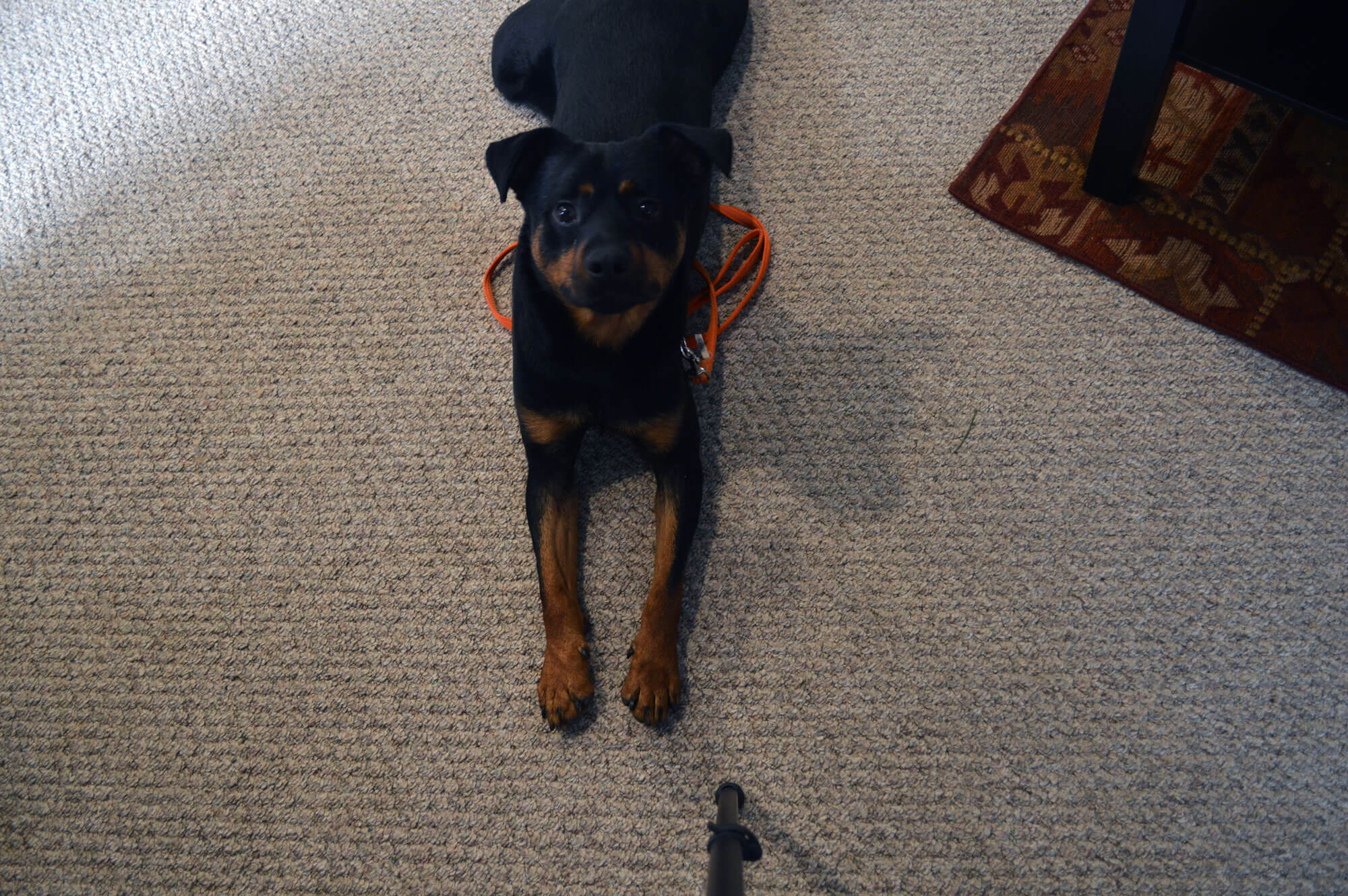
An Open Mind: Why Flexibility Matters
Dog training is as much about mindset as it is about methods. Many dog owners come into the process with strong opinions about what tools should or shouldn’t be used. Some feel uneasy about prong collars, e-collars, or choke collars, believing they’re cruel or unnecessary. These concerns are understandable—after all, we love our dogs and want the best for them. But the truth is that when used correctly and with compassion, these tools can be safe, effective, and often life-changing for both dogs and their families.
Tools Are Neutral—Your Approach Isn’t
A collar is not inherently good or bad. It’s a piece of equipment, no different than a leash or a harness. What determines its impact is how it’s used. My personal preference is often a well-fitted choke collar, applied gently and thoughtfully. But I also know that some dogs respond more clearly and quickly to a prong collar or an e-collar. In these cases, the tool allows for precise communication that actually reduces stress and confusion for the dog.
The key is to remember that these devices are not meant to punish. Instead, they act as a form of clear feedback. When a dog understands what behavior leads to pressure—and what behavior releases it—the learning process becomes straightforward. Over time, this clarity eliminates the need for heavy corrections. Most owners are surprised to discover that as their dog improves, these collars are used less and less until they’re rarely needed at all.
Your Mindset Is the Real Training Tool
More important than any collar is the mindset you bring to training. If you enter the process closed off—insisting that only one way is right—you limit your dog’s potential. Every dog is different, and what works beautifully for one may not work for another. Flexibility is essential.
Approach training with curiosity and patience. Be willing to explore new strategies if your current methods aren’t producing results. An open mind doesn’t mean abandoning your values; it means being willing to learn, adapt, and choose what truly benefits your dog. The ultimate goal isn’t proving a point—it’s creating a calm, respectful, and happy companion you can trust anywhere, even off leash.
The Lessons Dogs Teach Us
Dogs don’t care about debates over collars, philosophies, or labels. They care about how you communicate, how consistent you are, and whether you are fair. To your dog, you are the center of the world—leader, protector, provider, and friend. That role carries responsibility.
By keeping an open mind, you learn to meet your dog where they are instead of forcing them into a rigid system. You begin to see that the relationship matters far more than the tool in your hand. When respect, trust, and consistency guide your choices, your dog will respond positively, regardless of the equipment used.
Key Takeaways for Dog Owners
Training tools are neutral—your intention and technique define the outcome. When used properly, prong collars, electronic collars, and 'choke chain" collars can provide clarity without harm. Staying flexible allows you to adapt to your dog’s individual needs. An open mind leads to better communication, deeper trust, and stronger results. Over time, as your dog learns, the need for these tools diminishes.
Final Thoughts
Dog training is not about finding the one “perfect” method—it’s about building a relationship of trust and respect. By keeping an open mind, you give yourself the freedom to use the tools and strategies that truly help your dog thrive. When your focus is on fairness, consistency, and clear communication, your dog will reward you with calm obedience and loyal companionship. At the end of the day, it isn’t the collar that defines success—it’s the connection between you and your best buddy.
Who you are to your dog is EVERYTHING
Shawn Hines
~ Nov 23, 2018
